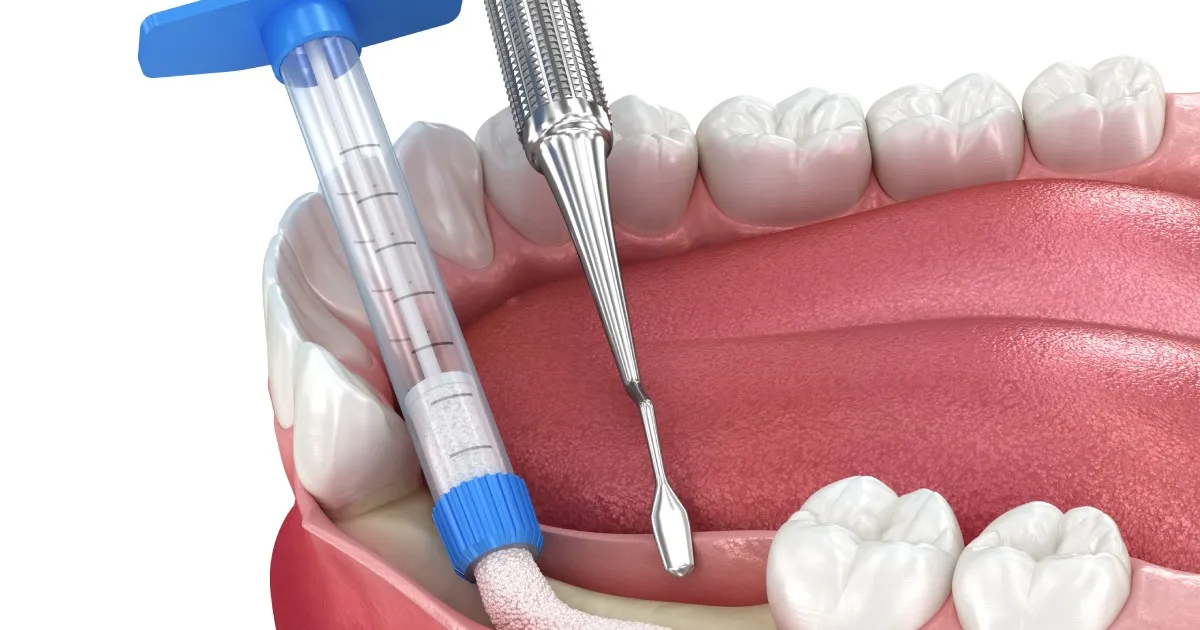When your dentist tells you you need a root canal, all hell breaks loose in your head. Why? It’s because we all know it is not just a simple tooth extraction procedure; you’ll be okay in a day or two. A root canal is a serious deal, and it is not something that you can just take lightly. Thus, when your dentist prescribes that to you, you know it’s the only solution we have on the table right now.
The myths around root canals vary from the highly ridiculous to the most dangerous. Let’s debunk some of these myths, shall we? This article will debunk all those myths you might have heard about the root canal and how the root canal works so that you will have an educated idea of what the procedure is about.
Root Canal Explained
The root canal is a procedure to treat infected and inflamed pulp in the tooth’s center. The pulp 0f your tooth contains blood vessels, as well as connective tissue, nerves, and lymphatic tissue.
The root canal system consists of the dental pulp chamber, which contains nerve fibers, and the root canal system, which extends from the tip of the root to the level just below where it emerges from the crown of your tooth.
Tooth decay can lead to infection in your tooth and surrounding tissues. This is known as dental decay or dental caries. If not treated, dental caries can lead to pain and swelling if there is an abscess (collection of pus).
If left untreated, this infection can spread through your jawbone into your facial bones or brain. This can be life-threatening if not treated promptly.
Why Do You Need a Root Canal?
A root canal can be done in two ways:
Traditional root canal treatment. This involves the removal of all of the damaged tissue inside the tooth. Then fillings are placed at the top of each tooth to protect them from decay and cracks. A filling will also help restore your tooth’s color and shape.
Endodontic treatment with post and core placement (ECPP). This method uses an artificial filling called a post-and-core instead of placing fillings at the top of each tooth. The post-and-core can be placed in one appointment rather than several visits to complete traditional root canal treatment alone.
ECPP is often used when there is insufficient tooth structure to support a traditional root canal filling. It may also be used when the tooth already has a root canal, but the filling has come loose or fallen out.
If you happen to have an abscessed tooth, your dentist will likely recommend a root canal to save your tooth and thus prevent the infection from spreading. Abscessed teeth can be painful and should be treated as soon as possible. If you have an abscess, you may experience the following:
- Sensitivity to hot and cold temperatures
- Swelling in your face
- Pain when chewing or biting down
- A pimple-like bump on your gums
- Bad breath
- A foul taste in your mouth
- Tooth pain that gets worse at night
If you have any of these symptoms, see your dentist right away. They will likely recommend a root canal to save your tooth and prevent the infection from spreading.
How Root Canal Works
The first step in treatment is numbing your tooth with a local anesthetic. The dentist will then open (drill) into your tooth to access its pulp chamber and root canals. Next, they will clean out any infected tissue using special instruments called files and irrigating solutions. Your dentist will then seal off your tooth with a temporary filling to protect it from further decay or injury until you return for permanent restoration or crown placement.
A standard root canal session usually takes place in the dental clinic. A qualified dentist or endodontist administers it. After the initial numbing of your tooth, the dentist will make an opening in your tooth so that they can access its pulp chamber and root canal system. In some cases, the tooth may be too damaged to save. In this case, your dentist will likely recommend extraction.
What to Expect After a Root Canal Procedure
After a typical root canal procedure, your tooth will be weaker than before. Taking care of your tooth and avoiding chewing hard foods or biting on complex objects is essential. Your tooth may also be more susceptible to cracking or breaking. Be sure to see your dentist for regular checkups and cleanings.
If you have a post-and-core placed, you will likely need a crown placed on your tooth to protect it from further damage. Your dentist will talk to you about this during your appointment. You may experience mild discomfort after your procedure, but this is normal and should go away within a few days. If the pain persists or gets worse, see your dentist right away.
Root Canal Myths Debunked
With so many myths about a root canal, it can be overwhelming for the first-time patient. Here are some of the most common myths about root canals debunked:
#1: Are root canals painful? With today’s technology and anesthesia, you should feel little to no pain during your procedure. In fact, most patients say that having a root canal is no more painful than having a filling.
#2: Are root canals expensive? The cost of a root canal varies depending on the severity of the infection and the type of tooth being treated. However, root canals are often more affordable than extracted teeth, which may require dental implants or bridges.
#3: Do root canals take a long time? The length of your procedure will depend on the severity of your infection and the total number of root canals that need to be treated. However, most procedures are completed in one or two visits.
See your dentist immediately if you’re experiencing pain or tooth sensitivity. They will be able to determine if a root canal is necessary to save your tooth.
What Happens if You Don’t Get a Root Canal
Let’s say you fell victim to these myths and refused to get a root canal. What will happen?
If you have an infected tooth, the infection will spread. This can lead to abscesses, which are pus-filled pockets that form around the roots of your teeth. Abscesses can be extremely painful and cause severe damage to your jawbone and surrounding teeth. If left untreated, abscesses can even be fatal.
In addition, the infection can spread to your gums and other tissues in your mouth. This can lead to gum disease, a severe condition that can cause tooth loss. So, don’t wait to see your dentist if you’re experiencing pain or sensitivity in your teeth. A root canal treatment may be the best way.
Conclusion
Root canals might sound scary for those hearing it for the first time, but with today’s technology, they are no more painful than having a filling placed. If you’re experiencing pain or sensitivity in your teeth, see your dentist immediately to determine if a root canal is indeed necessary to save your tooth.
Of course, it is a given that you must get your root canal from a registered dental clinic to avoid any infections and other complications down the road. Solomon Family Dentistry has been in the industry for several years, prioritizing its customers more than anything. They offer root canal treatment and other services that can help improve your oral health. You are indeed in good hands with their team of root canal experts.





